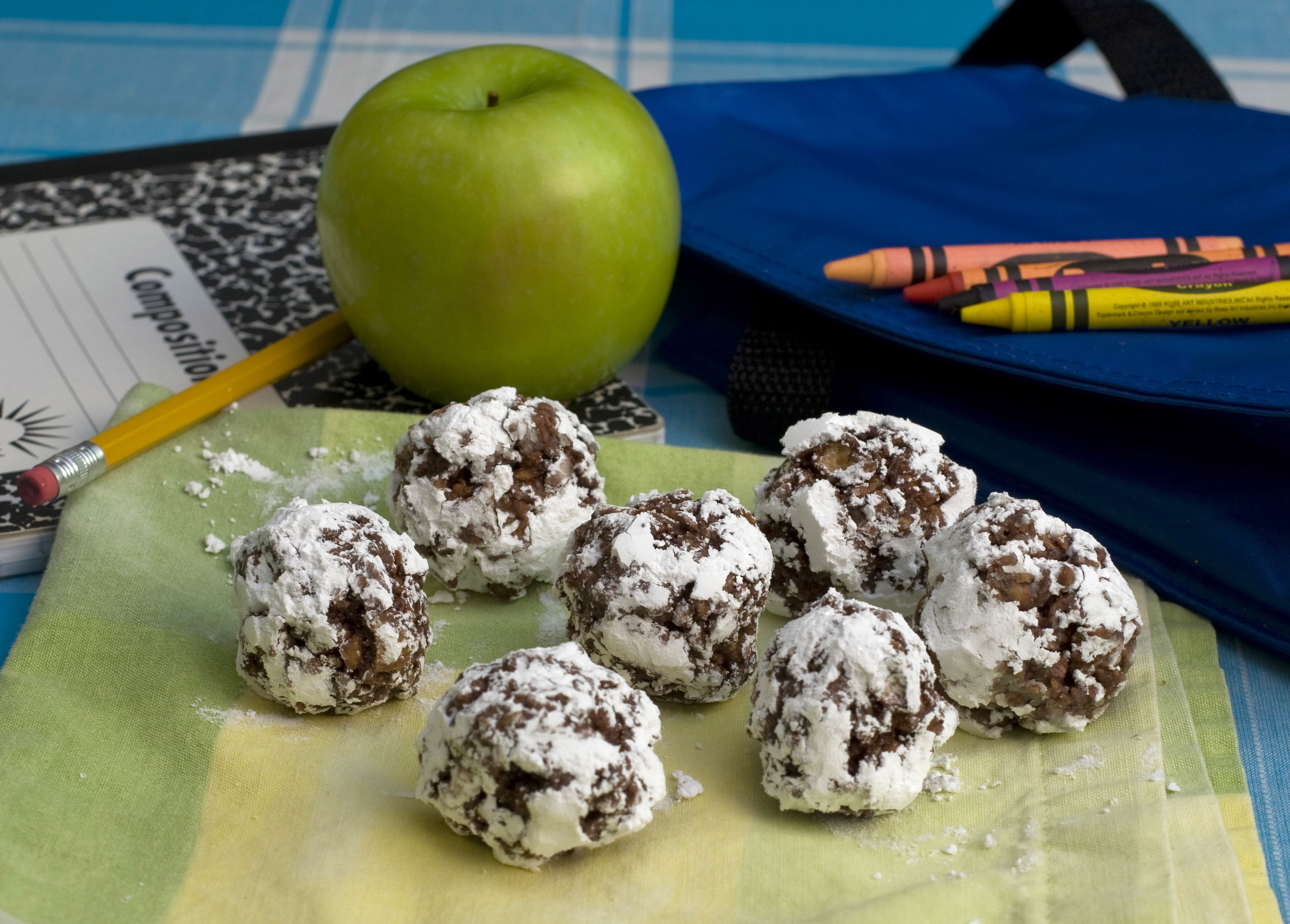Student snacks shift to fruits, vegetables
Friday, January 1, 1904
SCHOOL GRANTSHamilton County• East Lake Elementary: $21,150• Brown Academy: $16,750• Calvin Donaldson Elementary: $15,000• Hardy Elementary: $31,700• Orchard Knob Elementary: $21,150• East Lake Academy: $23,100• Birchwood Elementary: $6,950Southeast Tennessee• Blythe Bower Elementary (Cleveland): $28,950• Arnold Elementary (Cleveland): $16,900• E.K. Baker Elementary (McMinn County): $16,800• Meigs South Elementary (Meigs County): $22,650• Cecil B. Rigsby Elementary (Bledsoe County): $12,100• Mary V. Wheeler Elementary (Bledsoe County): $13,150• Pikeville Elementary (Bledsoe County): $21,400Source: Tennessee Department of Education
A federal program aimed at getting students to munch on produce rather than sugary snacks is sprouting in Hamilton County Schools.
The U.S. Department of Agriculture's $3.15 million Fresh Fruit and Vegetable Program will allocate about $135,000 to provide two to three fresh produce snacks a week to students in selected Hamilton County schools. Officials hope the program, for K-8 students, will help promote healthy eating and living habits.
Russell Cliche, who runs Hamilton County School's Coordinated Health Division, said the initiative started two years ago at Orchard Knob Elementary School before moving into four other schools last year. While the program does expose kids to some of the more-obscure types of produce, Cliche said it will largely stick with the more commonplace fruits and vegetables.
"The reality is, if we give students starfruits and kumquats, they're not going to be able to purchase it in their local stores," he said. "We do have some exposure, but the dominant fruits and vegetables that are in there are the ones they can actually see and get."
No canned, vacuum-packed or frozen produce is allowed. And because the snacks are offered outside scheduled lunch times, Cliche said students may be more likely to continue to munch on fruits and vegetables.
"Definitely there's a heightened sense of value because this is the one thing that's in front of you," he said.
Volunteers or cafeteria workers must chop the fruits or vegetables before placing them in individual baggies for classroom delivery. Then teachers are asked to give a quick lesson on that day's snack, Cliche said.
The 156 participating Tennessee schools were chosen because of their high rates of students in free- and reduced-price lunch programs. Funding was divided to schools based on the number of students enrolled.
In a prepared statement, Tennessee Education Commissioner Kevin Huffman said schools play a major role in developing healthy lifestyles in children.
"Enhancing the critical link between health and academics through such school nutrition programs is key in producing well-rounded and productive citizens and investing in our future leaders," he said.

